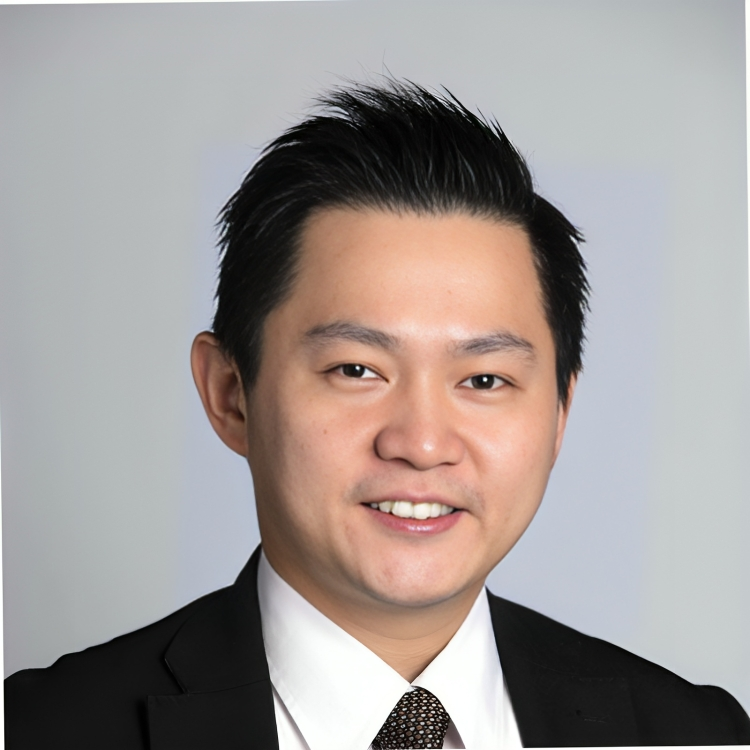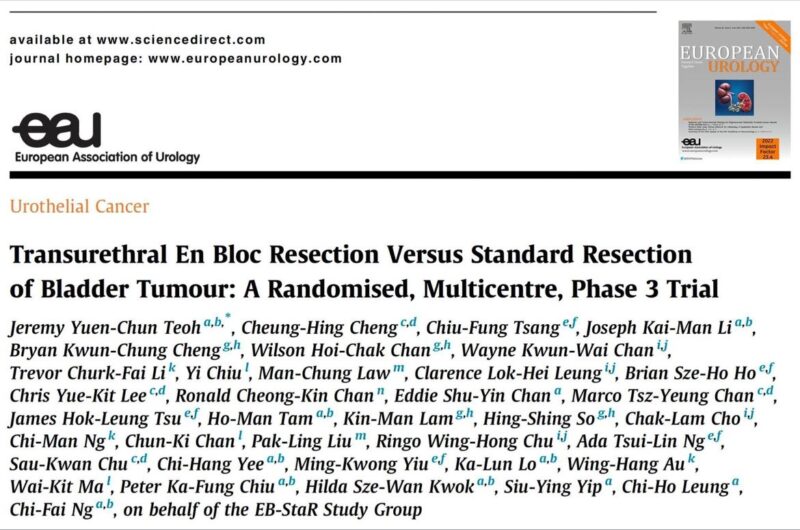
Jeremy Teoh: ERBT could reduce the 1-year recurrence rate in NMIBC
Jeremy Teoh, Assistant Dean (External Affairs) & Associate Professor at CUHK Medicine, made the following post on LinkedIn:
“The EB-StaR study was published at European Urology today!
It is a randomised study comparing en bloc resection of bladder tumour (ERBT) and conventional transurethral resection of bladder tumour (TURBT) in patients with bladder tumour(s) <= 3 cm in size.
A total of 350 patients were recruited across 13 hospitals in Hong Kong. Among them, 276 patients had histologically confirmed NMIBC and were included in the modified ITT analysis.
We found that ERBT could reduce the 1-year recurrence rate from 38.1% to 28.5% (p=0.007). Upon subgroup analysis, patients with 1-3cm tumour, single tumour, Ta disease, or intermediate-risk NMIBC had a significant benefit from ERBT. 💫
The 1-year progression rate from 2.6% in the TURBT group and 0% in the ERBT group (p=0.065). All other secondary outcomes and safety outcomes were similar between the two groups.
This is an important study shedding light on the management of NMIBC. A good surgery is the first and probably the most crucial step in managing NMIBC. With more research work underway, we are now seeing a high possibility of achieving a cure for most patients with NMIBC.
This study is also meaningful in another way. We involved almost every urology centre in Hong Kong, and this study will never be successful without the great support from our local urologists. This is a huge Hong Kong Urology project and I thank you all wholeheartedly in participating in this important and practice-changing clinical trial.
Last but not least, I must thank all our patients in entrusting us in this clinical trial. I am forever grateful for your support. Without a doubt, more and more patients will benefit from ERBT in the future.”

Source: Jeremy Teoh/LinkedIn
OncoDaily
